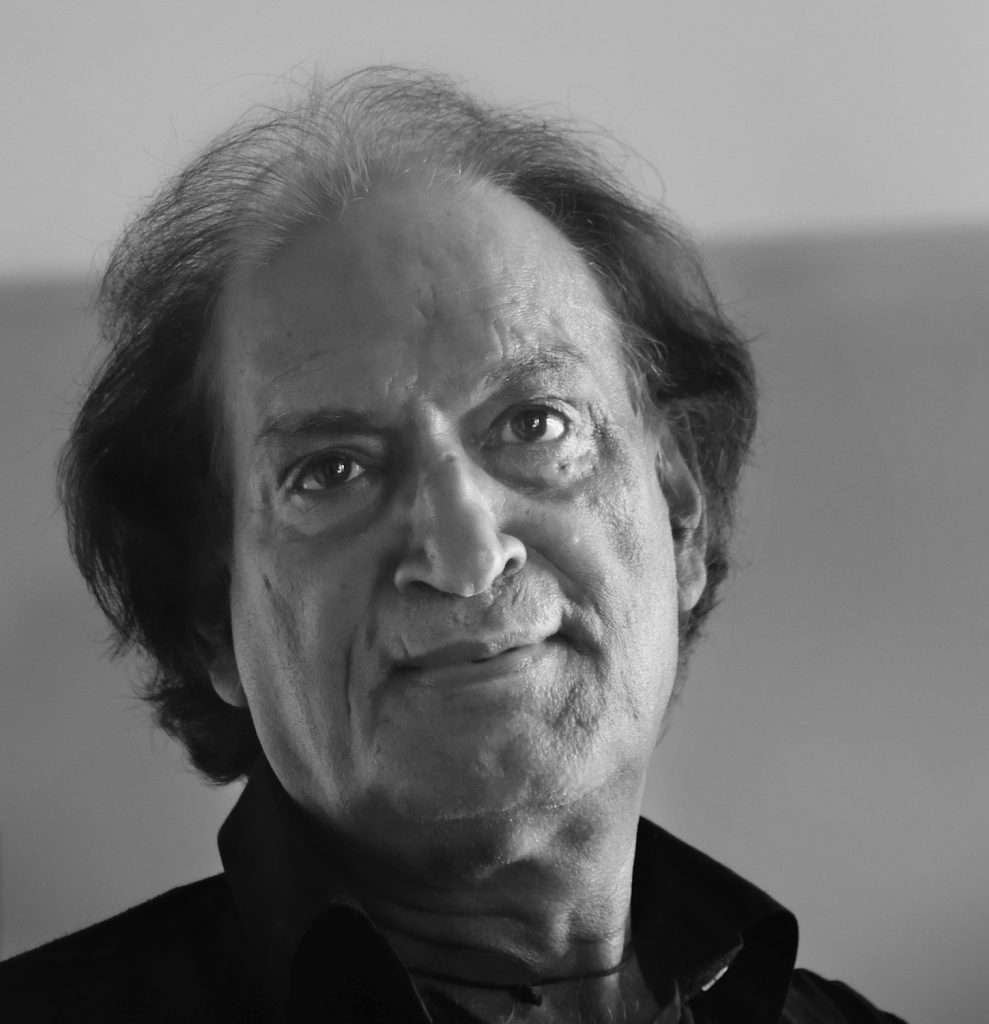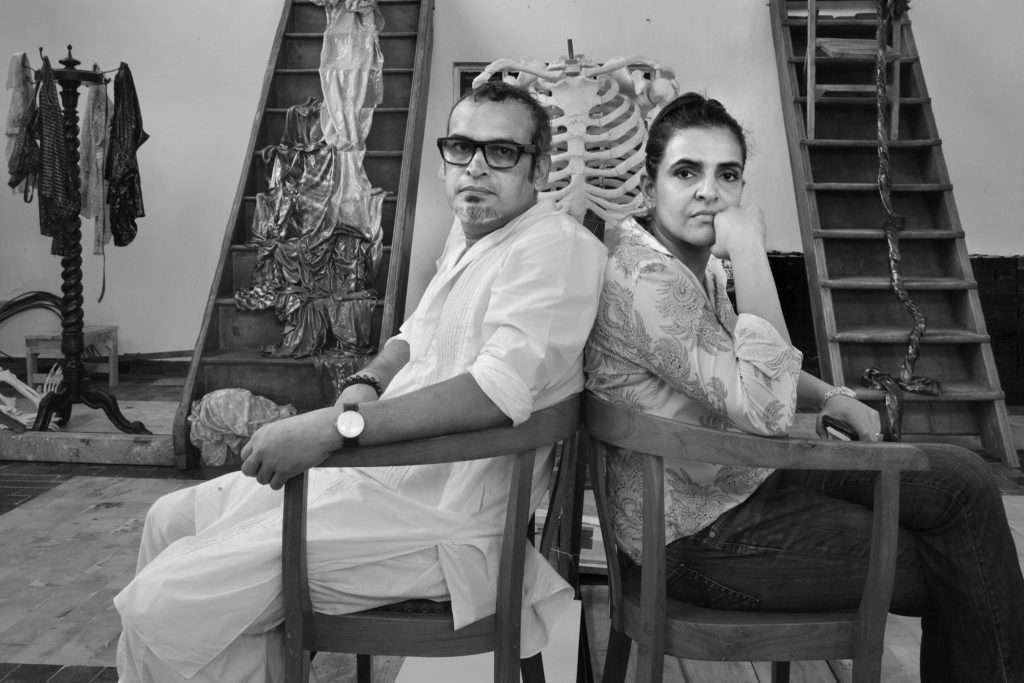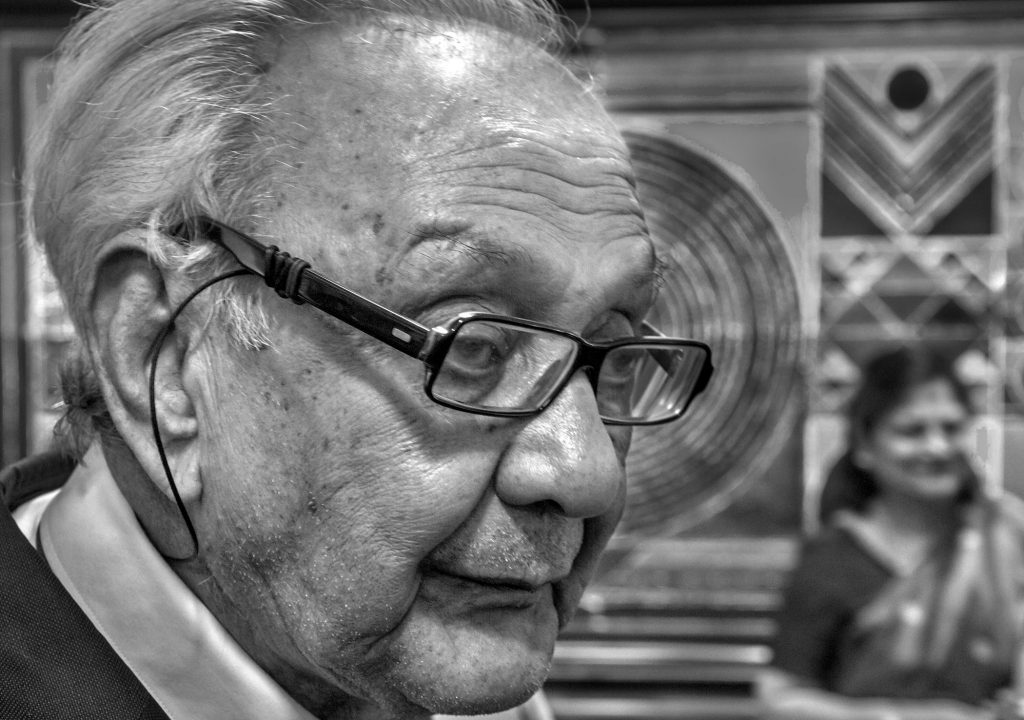Veteran Indian photographer Raghu Rai in a candid conversation shares about his early days as a photographer, his eternal affection for India, his love for digital cameras and spell mantras for young photographers

A donkey had set you off to become a photographer. How did this happen?
(laughs) Accidents do happen. I never had any plans to become a photographer. I just took a camera from my elder brother S Paul and went with another photographer friend to click some random pictures. I took a picture of a baby donkey that was looking very cute. My brother sent it to the The Times, London and they published it half page. The price money gave me the kick and thought its well-paying profession.
In your younger days, who were the talented photographers around you? Were they an inspiration for you?
My elder brother S Paul and Kishore Parekh inspired me a lot. They were 10 years elder to me. When they did some good work, it created a challenge for me. My contemporaries were not that hard working and special. They were more interested in news and journalistic aspects of photography.
How has photography shaped you as a person?
Photography is my religion. It has taken me into the depths of spiritual flight. I stay alive and connected because of photography. It teaches you to live in the moment. It’s a beautiful experience of being a photographer.

During your initial days, was it a constant struggle or a cake walk to meet your finances?
I did really well from the beginning. I am not a greedy man. I have been getting reasonably enough. Now, many young photographers earn much more than me by doing commercial work. But I don’t.
You have done more photo books than anybody else in the world. What is this love with photo books?
I have done more than 50 books. I am the creator, editor, designer of the photo books. I am the boss. I have full freedom to narrate it into a documentary film of still photographs. It becomes far more interesting that way. My upcoming photo –books are on Himalayas, Indian sacred rivers and Dalai Lama.
You have always captured India and its people in your pictures. Why dint you explore and click beyond your own country?
India is my whole world. There are enough photographers who are clicking outside India. I click more now than I clicked before.

In your recent photo- book ‘Raghu Rai People’, you have mentioned in the book that you become uncomfortable in taking posed pictures. What made you say this as a seasoned photographer?
I like to click spontaneous, natural spirit of people. When you sit opposite a person and he knows that he is going to be photographed there is a kind of stiffness and you also become uneasy. Since, I do candid photography; portraits take a while to click. Famous people like Indira Gandhi or Mother Teresa couldn’t be bothered with camera in front of them. But, every star or celebrity wants to look the best, no matter what.
How well is portrait photography accepted in today’s time?
Portrait means the spirit, energy and aura of that person. Not how good you are looking. Portrait photography has certainly evolved. Lots of photographers are doing different kinds of portraits like studio portraits, posed portraits, organized portraits etc.
Who is your worst critic?
I am my own worst critic. Once in a while people criticize my work and I look them with a frown and move. That’s the way you grow. The real teacher is sitting inside us, if you learn to listen yourself. To know thyself; is to know the world.

Which is closer to your heart – black and white or coloured pictures?
Black and white and coloured both are close to my heart. I cannot say this or that; it entirely depends on the situation. Sometimes the colours are too loud and dramatic, they don’t gel well. So when you convert them into black and white that silences the noise of colour.
Who is your biggest Inspiration?
When I click pictures nobody exists for me. I have admired people like Bresson, André Kertész and Paul Strand. But when I shoot, none of them exist for me. So that’s when you live your creative life.
You have embraced the digital technology very gracefully, when did you switch from films to digital?
I switched to digital the moment I got hold of a digital camera in my hand. It was an instant transformation. Because I thought digital was faster, better and gave me more controls. It was easy for me to switch off films and switch on to new age of digital photography. I don’t miss the films era. If anybody asked to me use films, I will be very upset.

With digital technology and phone cameras being so user friendly, every other person is a photographer. Isn’t it is killing the essence of photography?
Anybody could be using any tool for clicking. So there is more clicking, more churning and more drama. There is no technicality left anymore for general photographers. You put your camera on auto focus and auto exposure, it takes flawlessly exposed pictures. You don’t have to do anything. There is no technology left anymore. The films days were very difficult. Today, anybody can take pictures from a digital camera. The only thing is that they don’t have the heart and feelings to capture an image. They think and click from the head and not from the heart. Those who are serious are doing it. And with software like photoshop coming in, it doesn’t matter, because in earlier days also people did double exposure.
Your son Nitin Rai has started Raghu Rai Center for Photography. What is the vision for the center?
The idea is to bring out the best of the creative abilities. Young people are bright enough to understand to take good pictures. But, taking good pictures is not enough; going deeper is another thing all together.
In this age of cut-throat competition in photography, largely driven by money and not ethics. How does one make a living out his passion?
I tell my students, nobody is going to come to you and ask to join them. There are young photographers who earn much more than I do. They connect themselves socially. You have to go and connect with people, show your work and if your work has strength and magic, people will give you a chance. When you get a chance prove yourself. In today’s world there is market and money for everyone. It’s not a cut-throat competition.

What is the magic mantra for young budding photographers?
Don’t take all those good pictures, which you have seen before. Then only nature will show you it’s true colours. If you keep taking pictures which are stored in your head, then there is no road for discoveries. You become a second-hand copy of somebody else’s work.
